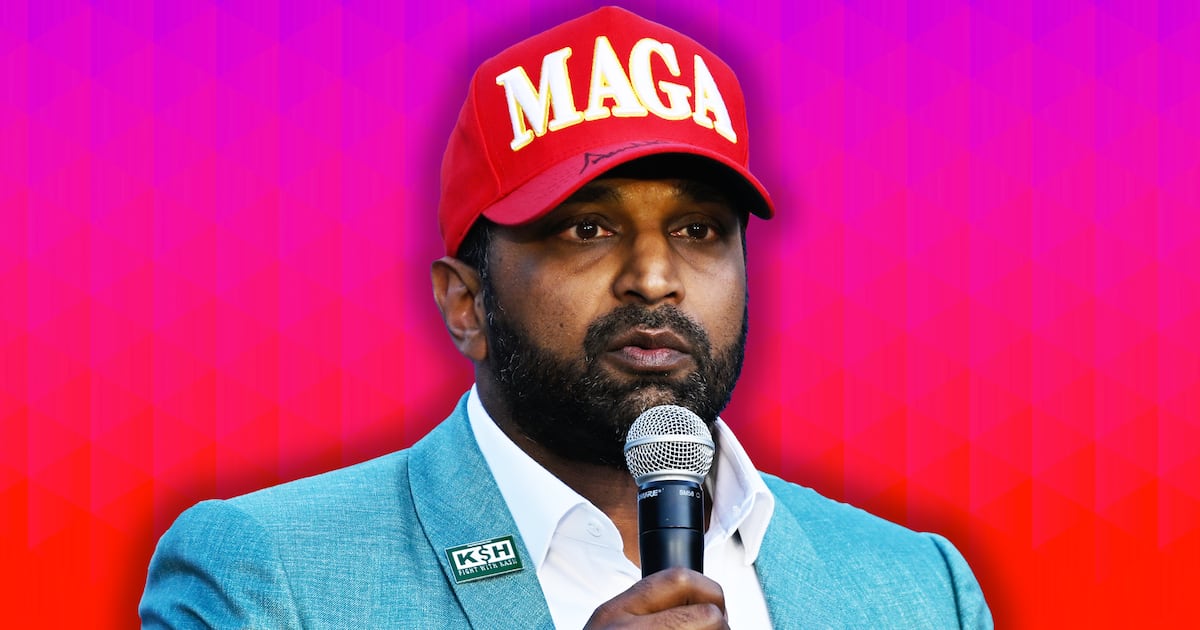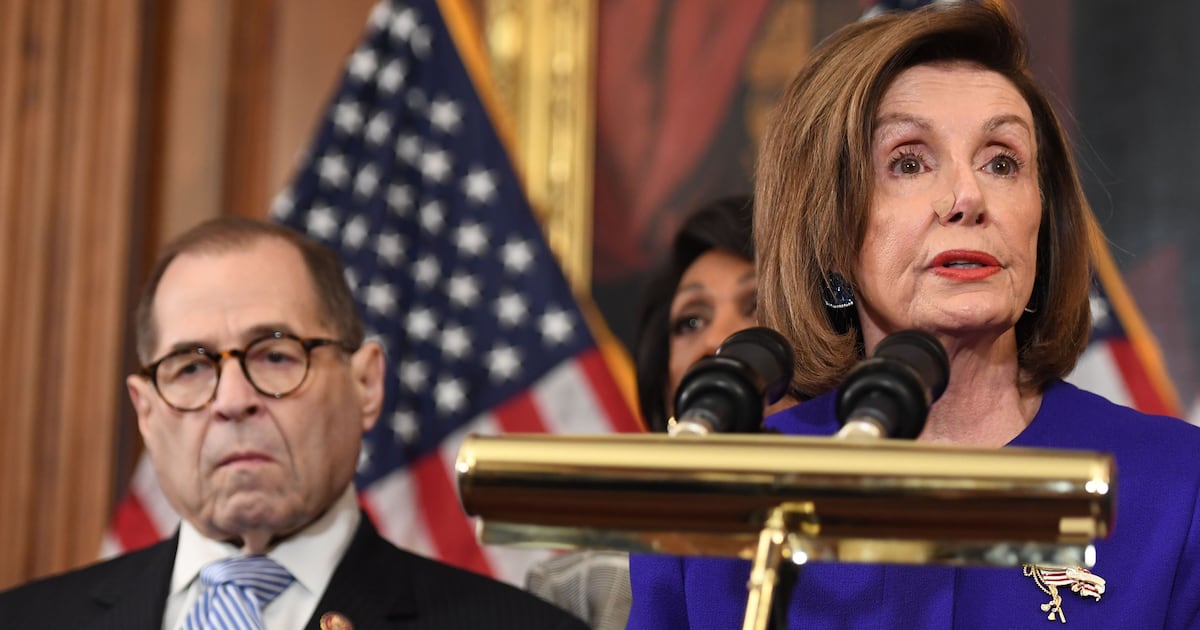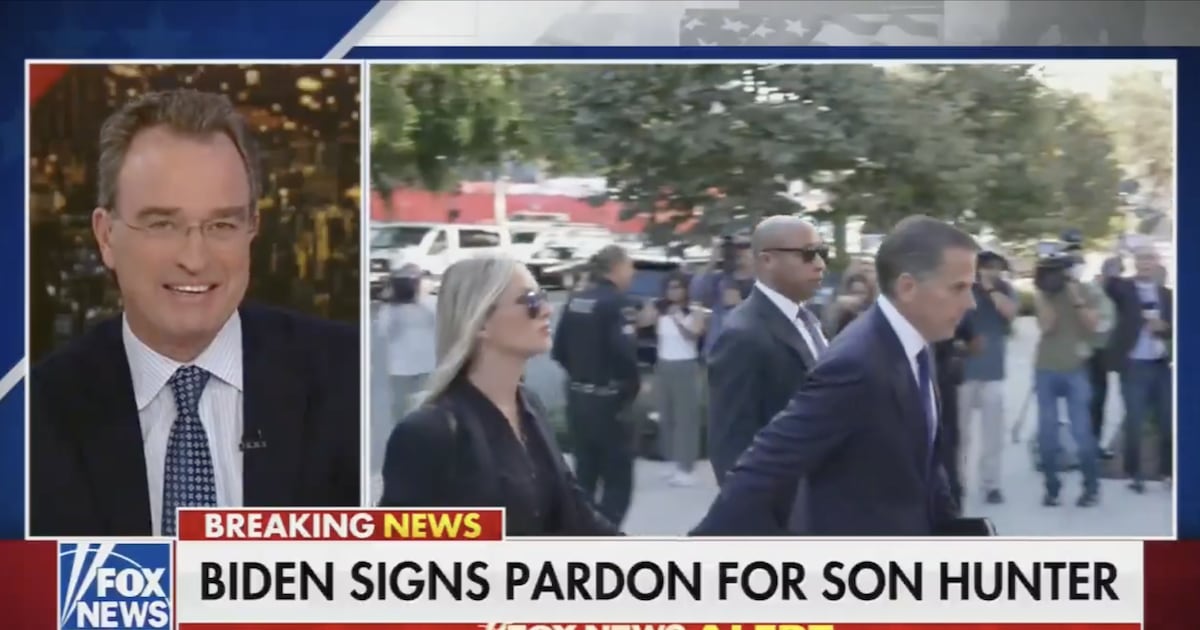There’s a scene in the 1944 Ann Miller musical Jam Session that opens on a talking guitar. In the first shot, the neck of the guitar, carved into a face with the off-kilter stare and wobbling jaw of a ventriloquist dummy, croaks out lyrics: “I am the spirit of the St. Louis Blues, I am so bluuue, all the day long I am blue, all the day long I am so bluuuuue.” The puppet’s words sound weird—not quite guitar, not quite human. They were voiced by an analog “vocoder,” a kind of music tech that might sound more at home in a Kraftwerk album, than among Hollywood show tunes and old school swing bands.
But the dummy guitar was a prelude to the Alvino Rey Orchestra, a group whose frontman, Alvino Rey, pioneered early electronic instruments, and has been hailed as the grandfather of the modern electric guitar. He’s also the grandfather of Win and Will Butler, the brothers behind Arcade Fire.
Rey’s experiments with sound influenced music throughout the 20th century, and his odd career trajectory zigzagged from lowbrow to high, weaving through major moments in American politics and pop culture. That’s the story that Will, the younger Butler and sideman of Arcade Fire, is telling in the latest issue of Pop-Up magazine, a live, mixed-media variety show currently touring the country and playing at Brooklyn Academy of Music on Feb. 7. In an interview with The Daily Beast, Butler described Rey as unassuming guy whose life, almost by accident, ballooned out into homeric epic. “He was kind of like a nerdy guitar player swept into all of American history,” Butler said.
ADVERTISEMENT
Growing up in Cleveland, Ohio, Rey nursed dueling interests in music and technology. He learned the banjo as a kid, and started playing in bands as a teenager. He also tinkered with electronics, building his first radio at age 8, learning morse code as an adolescent, and later becoming one of the youngest ham operators in the nation. Throughout the ’20s and ’30s, he worked both sets of skills, helping Gibson Guitar Co. develop their first electric pickup and testing out amps for guitar groundbreaker Leo Fender. At the same time, Butler told the Daily Beast, he played in a series of major bands, orchestras and quartets, and mixed sounds across all kinds of categories. “This guy was playing jazz music with a Hawaiian guitar,” Butler said, “Then he went from jazz to pop...He made beautiful things and chintzy singles…It’s kind of the great American songbook.”
Rey’s life story was rife with American tropes. Rey and his wife Luise King of the King Sisters were deeply religious, for one. He had grown up Christian Scientist—eschewing medical care even when his appendix burst as a kid, according to Butler—and she was Mormon. “Her dad was the last child of the last wife of a polygamist homesteader in Utah in the 1870s,” Butler said. They raised their children Mormon, and eventually Rey converted to the church. “They were all showbiz Mormons,” Butler added, “Which is...a thing.”
His saga also carried under- and overtones of racial tension and appropriation. Rey was born Alvin McBurney, but changed his name to Alvino Rey to “help fit in with a Latin music craze,” according to his New York Times obituary (although Butler says there are many different versions of the story). And in the 1940s, when he hired Charles Mingus for one of his first gigs, segregation laws forced the band to pretend Mingus was Hawaiian. “[Mingus] had to wear a fucking Hawaiian shirt in all the clubs, because he was black,” Butler said. “They had to pretend he was Hawaiian. It was like, Charles Mingus, one of the great geniuses of the 20th century, has to wear this hideous shirt all the time. It’s just so fucking absurd.”
A survey of Rey’s life reads like a history textbook––he was old enough to remember WWI, played jazz in Harlem during the Renaissance, watched the construction of the Empire State Building, served in the Navy in the fallout of WWII, and played Reagan’s inauguration ball, before winding up with a recurring gig at Disneyland in the ‘80s.
The story fits with Butler’s style, who has often tried to work at the intersection of music and politics, to varying degrees of success.“My first solo record was called Policy,” Butler said. “The original thought was for it to be a punk rock record, but really wonky and technical, with these like grand gestures, accurately hemming and hawing about laws, and how they might be approached, which kind of got abandoned.”
Later, in 2015, Butler collaborated with The Guardian, to write a song a day based on topical headlines, and in 2017, he got a mid-career Masters at Harvard’s Kennedy School in Public Administration. The degree prompted him to launch a series of what he called “Disco Town Halls,” or after-parties for Arcade Fire shows in support of local organizing. “We’d go to a local bar and bring out a local politician and local activist group, and just talk,” Butler said. “In Tampa, we talked about felon disenfranchisement, for people who have been arrested and couldn’t vote. In New York, a city councilman came out, and an activist talked about Rikers.”
The piece in Pop-Up magazine isn’t as overtly political as Butler's other work. But in all of them, he says he’s interested in a proximity to history. On the phone with The Daily Beast, Butler compared it to the difference between a novelist’s “great” books, and their “lesser” ones. The former, he said, tend to lend themselves to broader truths about people and life. The latter get caught up in the particulars. “You learn so much about the author, and the author’s world,” he said. “In Dostoevsky's lesser novels, for example, you learn about 19th century Russian politics, instead of learning about humanity and man’s freedom to choose, and all of that. You’re like, oh fuck, 19th century Russian politics was fucked.”







